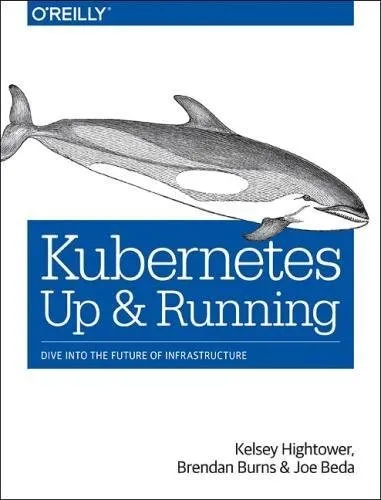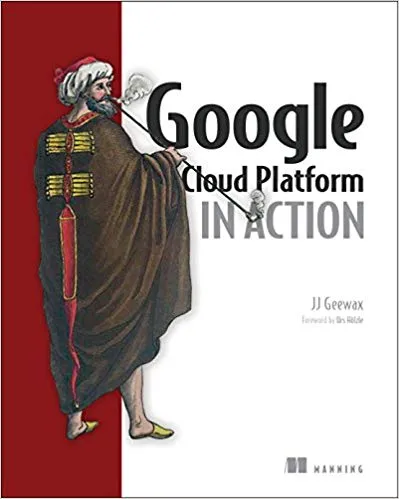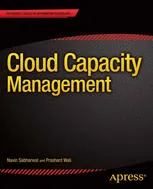Cloud Atlas
4.3
Reviews from our users

You Can Ask your questions from this book's AI after Login
Each download or ask from book AI costs 2 points. To earn more free points, please visit the Points Guide Page and complete some valuable actions.Related Refrences:
Introduction to Cloud Atlas
David Mitchell's 'Cloud Atlas' is an intricate and spellbinding narrative that deftly interweaves multiple timelines and genres through a uniquely recursive storytelling technique. This ambitious novel pushes the boundaries of literary fiction, posing timeless questions about identity, morality, and the interconnectedness of all human lives. Recognized for its structural innovation and philosophical depth, 'Cloud Atlas' has become a modern classic, praised for its exploration of universal themes that resonate across cultures and epochs.
Detailed Summary of the Book
'Cloud Atlas' is structured as a series of six interconnected stories, each set in a different time and place, ranging from the 19th century to a post-apocalyptic future. These stories include the journal of an American notary in the South Pacific in 1850, letters from a young musical genius in Belgium in the 1930s, a thriller about a 1970s journalist in California, a present-day comedy involving a London publisher, the interrogation of a genetically-engineered fabricant in a dystopian Korea, and finally, the survival tale of a shepherd on a remote island in a post-apocalyptic world.
The narrative structure of 'Cloud Atlas' is distinctively 'nested.' Each story is interrupted at a critical point, leaving the reader in suspense, only to be concluded in the latter half of the book. This mirrors the cyclical nature of time and history, highlighting the connection between past, present, and future. Through the lives of its protagonists, the novel explores how individual actions impact the broader spectrum of human existence, suggesting an eternal recurrence of souls or motifs.
Key Takeaways
- Human Lives are Interconnected: 'Cloud Atlas' illustrates the intricate linkages between disparate lives and eras, suggesting that actions have far-reaching consequences beyond our immediate perception.
- Cyclical Nature of History: The novel proposes that histories and stories tend to repeat, emphasizing the importance of learning from past experiences to craft a better future.
- Self-Discovery and Identity: Each story dives deep into the concept of identity, inviting readers to ponder the essence of selfhood that transcends time and circumstance.
- Moral and Ethical Complexity: Mitchell intricately weaves narratives that challenge moral simplicity, urging readers to recognize the complex, often ambiguous nature of ethical decision-making.
Famous Quotes from the Book
"Our lives are not our own. We are bound to others, past and present, and by each crime and every kindness, we birth our future."
"Today's generation grew weaned on violence, ignorance, and dependency. Weaned on consumerism, pacified by mental anesthesia. This is what the Ministry taught us: repression as a cultural norm."
Why This Book Matters
David Mitchell's 'Cloud Atlas' stands as a monumental work of fiction, notable for its innovative structure and profound thematic depth. It challenges readers to contemplate the cumulative impact of human actions across time and geography, and underscores the persistent relevance of literature in exploring enduring existential questions. Due to its unique composition and thought-provoking narrative, 'Cloud Atlas' successfully transcends the traditional boundaries of genre, offering a rich tapestry that connects different lives and stories in a compelling reflection on humanity's collective journey. As a result, 'Cloud Atlas' not only provides a captivating read but also impels introspection about our roles in shaping history through our individual choices.
Free Direct Download
You Can Download this book after Login
Accessing books through legal platforms and public libraries not only supports the rights of authors and publishers but also contributes to the sustainability of reading culture. Before downloading, please take a moment to consider these options.
Find this book on other platforms:
WorldCat helps you find books in libraries worldwide.
See ratings, reviews, and discussions on Goodreads.
Find and buy rare or used books on AbeBooks.
1517
بازدید4.3
امتیاز0
نظر98%
رضایتReviews:
4.3
Based on 0 users review
Questions & Answers
Ask questions about this book or help others by answering
No questions yet. Be the first to ask!












